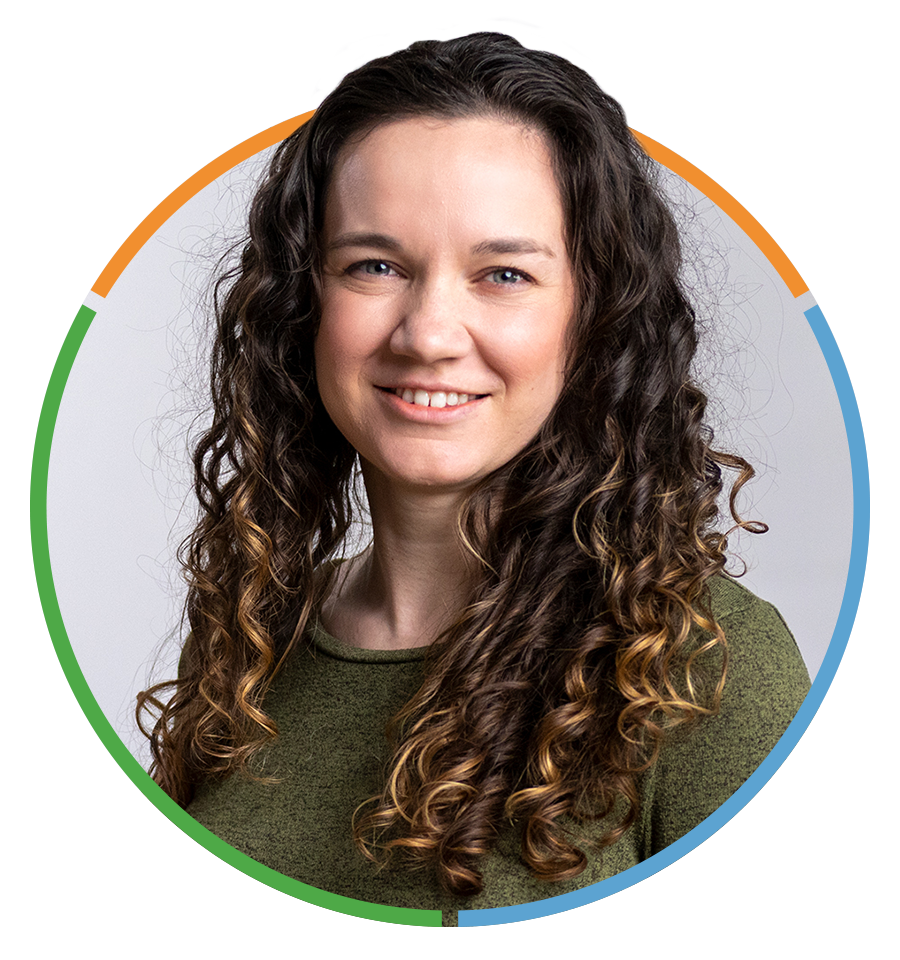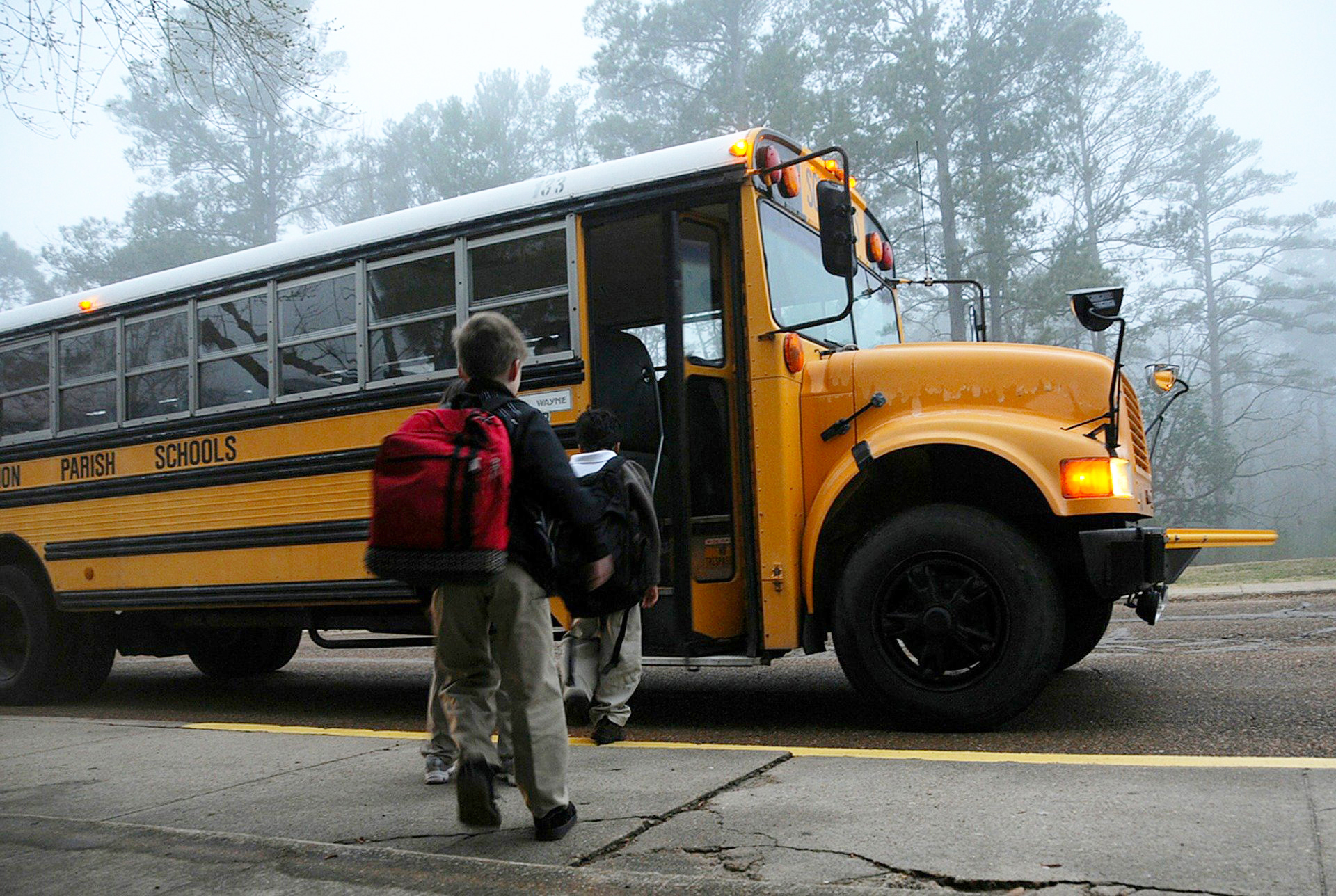From Free Stuff to Freedom: The Self-Reliance Club’s Empowering Twist on Backpack Giveaway Programs

Savannah Aleckson
Events Director
Read more from Savannah
On any given day at Trafalgar Middle School in Cape Coral, Florida, you will find students tending the school’s garden. Though, perhaps the word “garden” isn’t the best descriptor any more—with 9,000 pounds of produce harvested each year, “farm” is a more accurate term.
Under the guidance of a teacher, students plant, tend, and harvest the garden’s myriad fruits and vegetables. Some of that produce goes to the school’s cafeteria to round out school lunches, some is donated to local homeless shelters and nursing homes, and some still is sold at the local farmer’s market for a profit.
That revenue is split among the students who voluntarily oversee Trafalgar Middle School’s garden as part of the school’s Self-Reliance Club.
Self-Reliance Clubs, a creation of the Freedom and Virtue Institute (a True Charity Network member), exist to sharpen entrepreneurial intuition and strengthen character in school children. Trafalgar Middle School’s Self-Reliance Club is just one example of many: each one different as each school’s context is unique.
Ismael Hernandez, founder of the Freedom and Virtue Institute, reflected on his inspiration for starting the Self-Reliance Clubs. Several years ago, Ismael attended a massive school supply distribution at the beginning of the school year, a common occurrence in many school districts across the United States, and was deeply unsettled by what he witnessed.
“All I saw was hordes of black and brown kids getting cheap supplies handed to them for free by white people,” Hernandez, a native of Puerto Rico, put bluntly. “And I thought to myself, ‘Why are we always on the receiving end? I want to be on the giving end!’”
Ismael noted perverse incentives and implicit lessons communicated to every school child in need of supplies: “We were teaching kids that the way you get stuff is by standing in line, smiling at a stranger, proving that you’re poor, and then letting that stranger hand you something for free. They were learning that’s how you get stuff, and it’s simply not true. That’s not how the real world works.”
This reinforced something that Ismael already knew but had not yet applied to his work with children: The means by which someone (even a child) receives something is just as important as the thing they receive. The means can either affirm dignity and capacity, equip for future challenges, and reinforce positive character traits … or undermine them.
In the spirit of affirming rather than undermining, Ismael created Self-Reliance Clubs.
Self-Reliance Clubs are completely voluntary entrepreneurial projects that teach kids to take ownership over their lives: to allow them the thrill of creative effort, to explore how to create something of value that has market demand, and to enjoy the fruits of their hard-earned success.
For schools interested in starting one, the Freedom and Virtue Institute helps identify a collaborative project that could work as a Self-Reliance Club. “We’re typically looking for something that already exists within the school,” Ismael explains. “There are lots of programs or projects that are already happening that, with some creative thought and a little tweaking, can turn into a collaborative, entrepreneurial project for the kids.” Indeed, all kinds of projects, programs, and activities have turned into Self-Reliance Clubs in different schools. Examples include school gardens, art projects, science projects, music clubs, and more. One school even started a smoothie bar in operation during the lunch hour for their Self-Reliance Club, an idea completely formulated and executed by students.
Once the school chooses a project for the Self-Reliance Club, the Freedom and Virtue Institute helps identify relevant markets: the produce from the garden could be sold at farmer’s markets. Artwork made by the students could be sold at an art show hosted by the school. Music clubs could perform at local churches that could charge a door fee.
The students understand what is expected from them: they must participate for the duration of the school year (the minimum contribution expected is 40 hours from August through May) and take ownership over their project, including developing their business plan with guidance from a teacher or committed volunteer. (The Freedom and Virtue Institute will pay a teacher for the time they commit to the Self-Reliance Club.)
As for the reward? The students split the proceeds they get over the course of the school year, whether that’s $1 or $10,000. As in real life, how much they make depends on the quality of the product, the demand for the product, and how well the product is marketed.
“It’s really important to preserve natural incentives,” Ismael comments. “So often we want to help kids so much that we take away the power of making choices.” Ismael, along with many other school administrators and teachers, recognize the value in honoring children’s decision-making power and letting them experience the natural consequences that follow, knowing that both success and failure contain valuable life lessons.
Regardless of the profit made, at the end of the year, students who diligently followed through on their commitment to the Self-Reliance Club take a fun day where they get to leave school, tour a bank, and enjoy a fun lunch out. The school partners with a local bank, who takes the children on a tour and teaches them about the difference between checking and savings accounts, how interest accrues, the importance of saving for the future, and more. Once the children have a basic understanding of how banks work, each student is given the opportunity to open a savings account to deposit their earnings from the year through their involvement in the Self-Reliance Club.
“We strongly encourage the kids to save at least a portion of their earnings and to think about what they will need at the start of the next school year. Will they need supplies like a new backpack or folders? Would they like to put aside a little extra to afford nicer pencils, crayons, and notebooks?” Ismael comments.
“The idea is human flourishing, not material prosperity. Humans flourish when they realize whom they were meant to be and bring that to fruition.”
Self-Reliance Clubs equip kids with what they need to be successful for the future. It turns out that students don’t merely need school supplies but to learn that they are the protagonists in their own stories of flourishing.
Want to learn more about Self-Reliance Clubs? You can watch our webinar with Ismael Hernandez as well as his presentation from our 2023 True Charity Summit.
You can also connect with Ismael directly through the member’s directory in the True Charity Network member portal.


